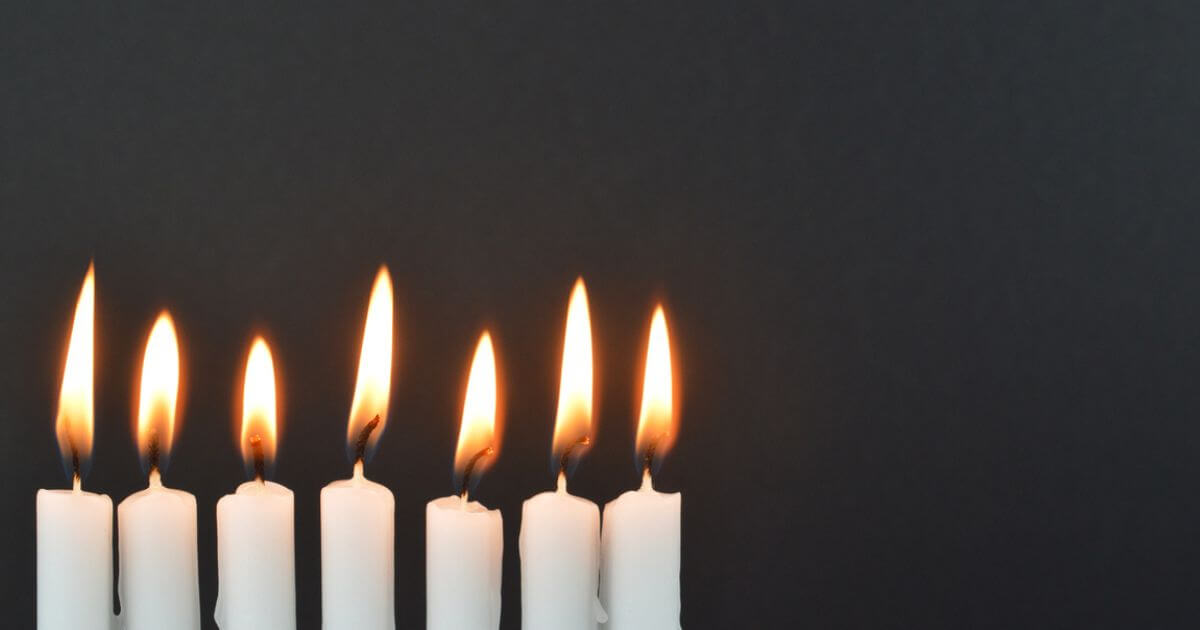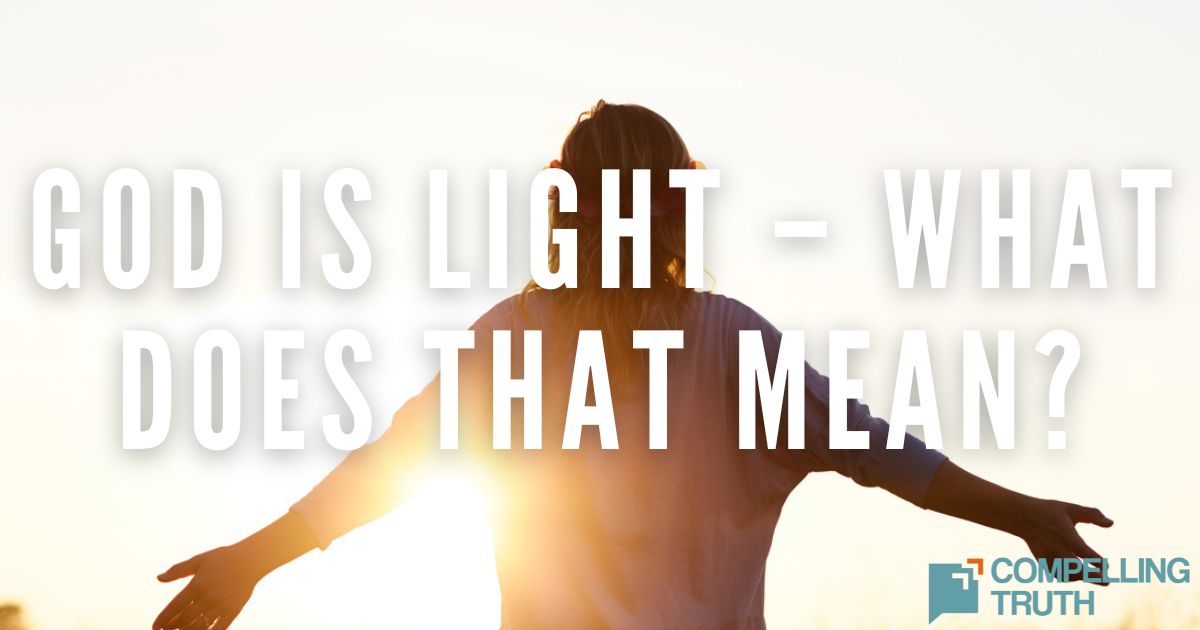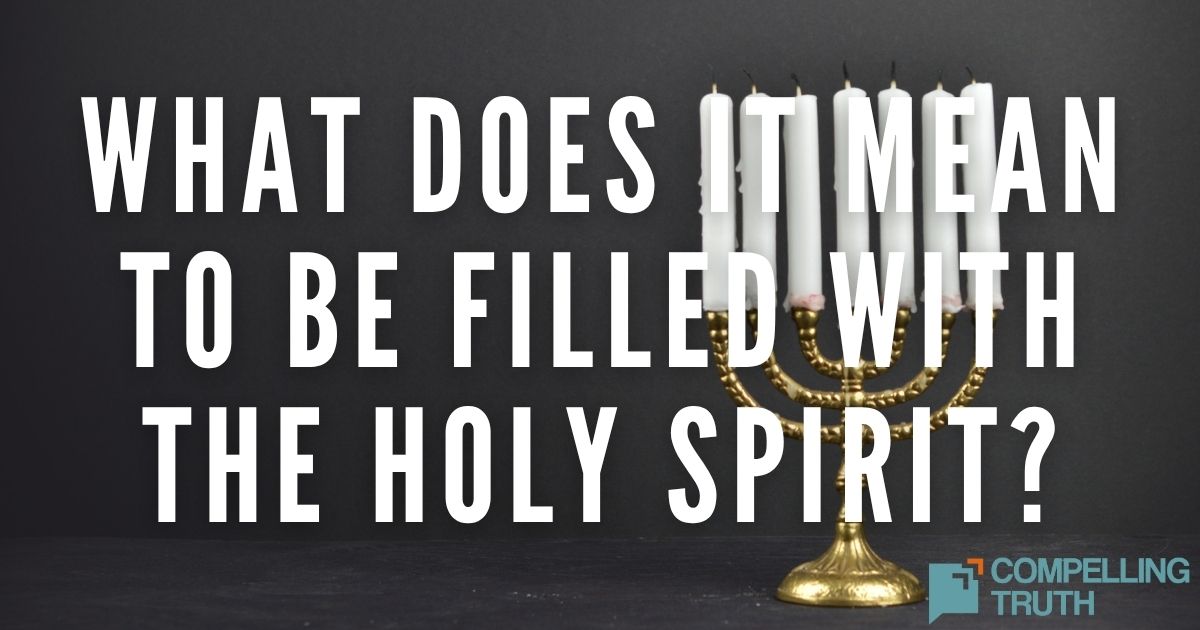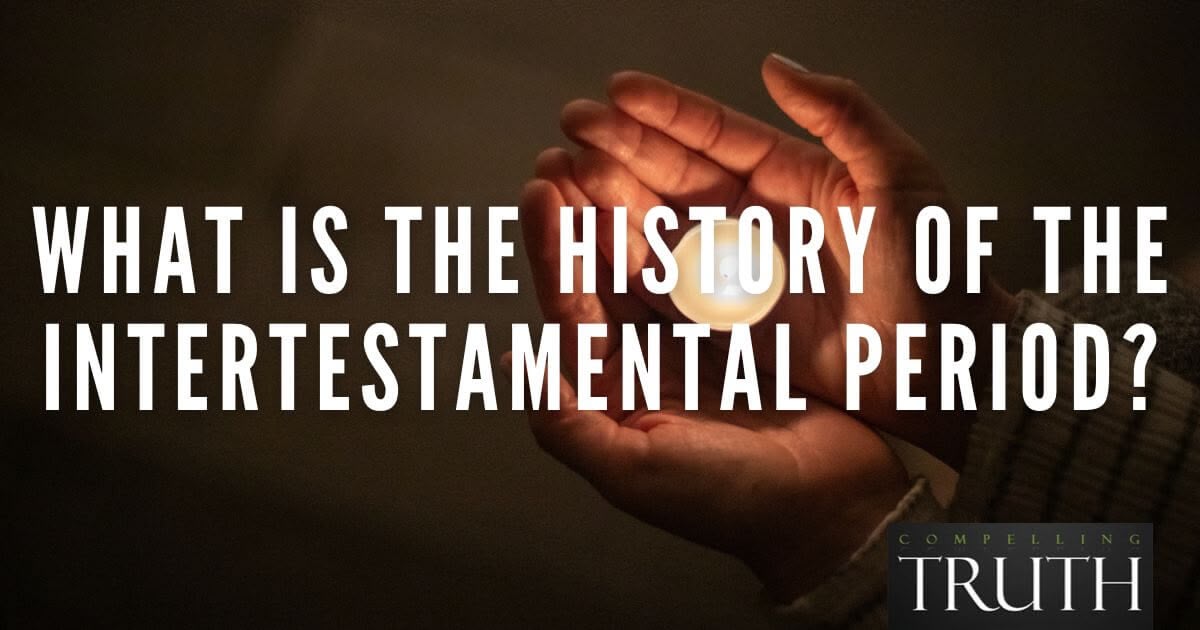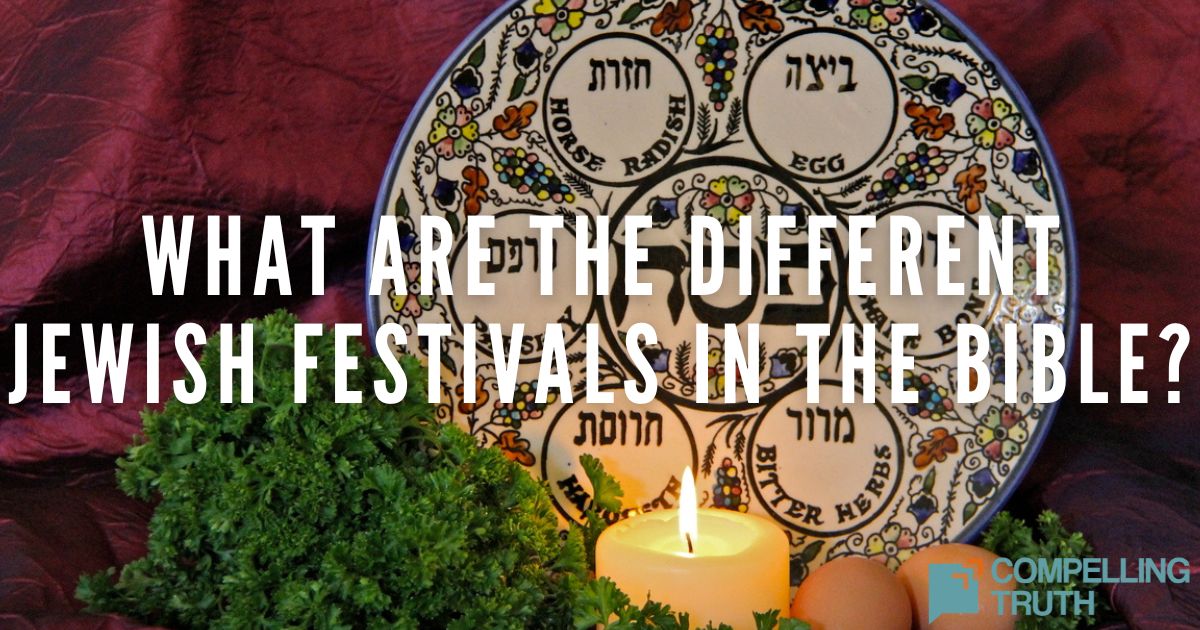what does the bible say?
The Feast of Dedication, also known as Hanukkah or the Festival of Lights, originates from events in the intertestamental period when Judah Maccabee led a revolt against Antiochus IV, reclaiming and rededicating the temple around 165 BC. This victory is commemorated by Jews annually for eight days starting on the 25th of Kislev, celebrating God's deliverance and the miracle of the menorah burning for eight days with only one day's worth of oil. The festival occurs in winter and is mentioned in John 10:22–23. Today, the Feast of Dedication serves as a reminder of God's light and faithfulness, echoing Jesus' declaration that He is the "Light of the World" (John 8:12).
